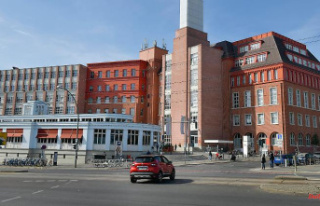The corona pandemic is putting gender equality to the test worldwide. Nevertheless, in 2022 Germany will be in the top ten of the Gender Gap Report for the first time. This is mainly due to the higher proportion of women in politics. In the labor market, however, inequality is higher than it has been for a long time.
In a gender equality ranking, Germany has reached its highest value since the start of the analysis 16 years ago. This is mainly due to the growing political participation of women, as shown in a report by the World Economic Forum (WEF) Foundation. The WEF looks at the areas of business, education, health and politics.
Germany ranks tenth in the 2022 Gender Gap Report, one spot better than last year. As before, Iceland, Finland, Norway and New Zealand are in first place. There was a particular jolt in Germany when it came to political participation, as the WEF reports. The figure for the proportion of women in management positions over the past 50 years is the fourth highest in Europe, said a WEF spokesman.
On the other hand, things looked bad in the economic participation subcategory. Germany has fallen back to 2009 levels, the spokesman said. Among other things, the proportion of women in managerial positions and the payment for equal work are considered.
Corona has thrown back the prospect of gender equality worldwide by a generation, the WEF reported. One of the reasons for this is that proportionally more women lost their jobs than men during the pandemic. If development continues as slowly as before, it will take another 132 years before the gap between the sexes is closed.
Inequality in the labor market was greater than at any time since the surveys began in 2006. This is also due to the fact that care work, such as looking after children, was still largely the task of women when kindergartens and schools were closed. Even before the pandemic, unpaid work accounted for 19 percent of all working hours for men, but 55 percent for women.












